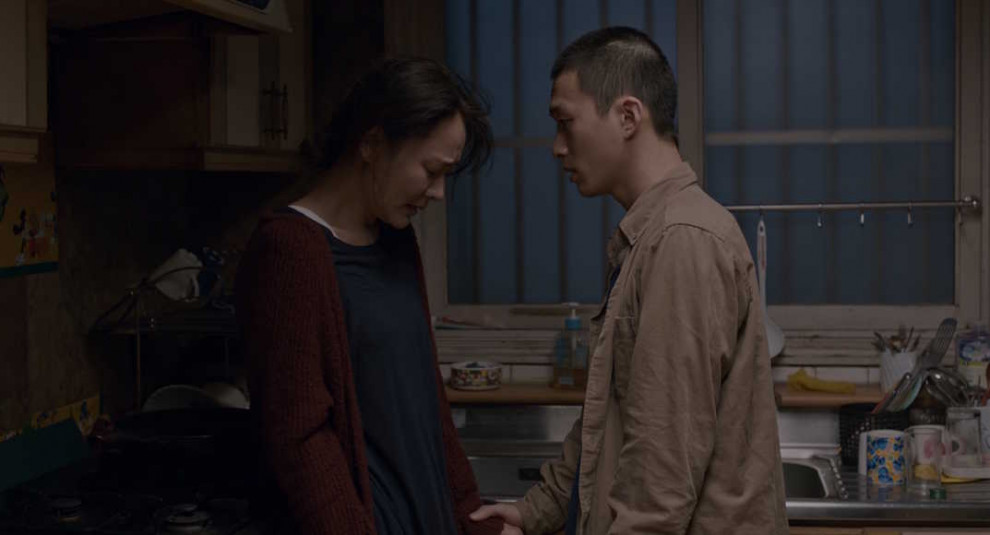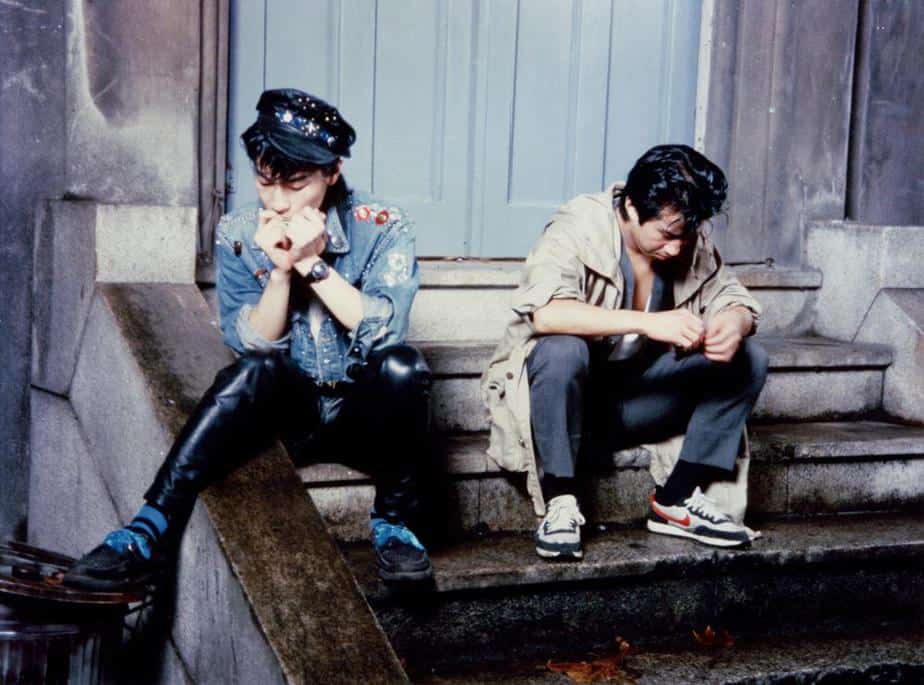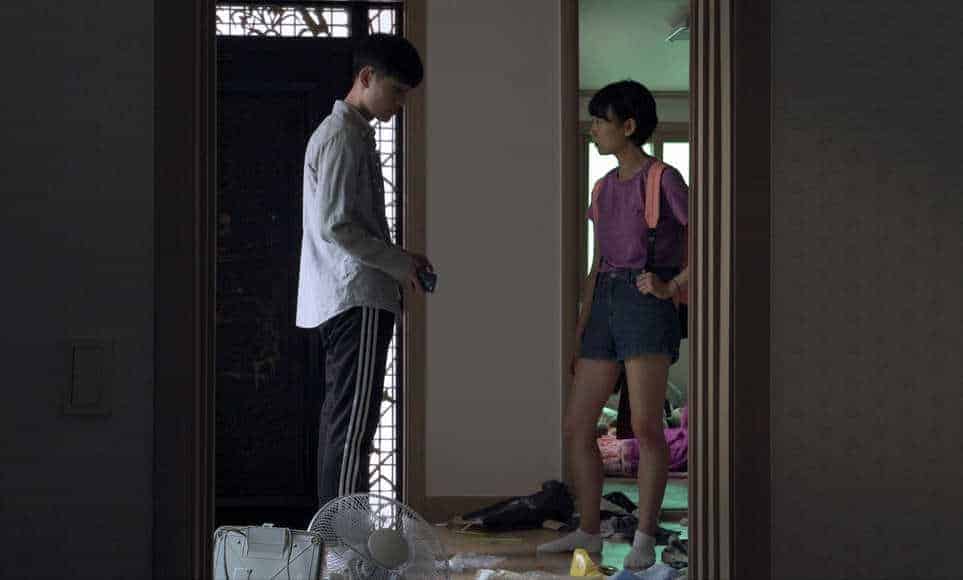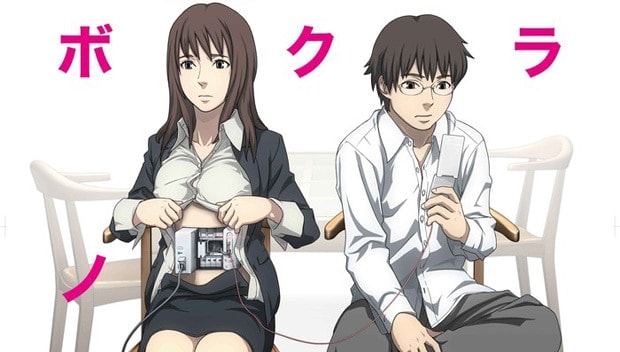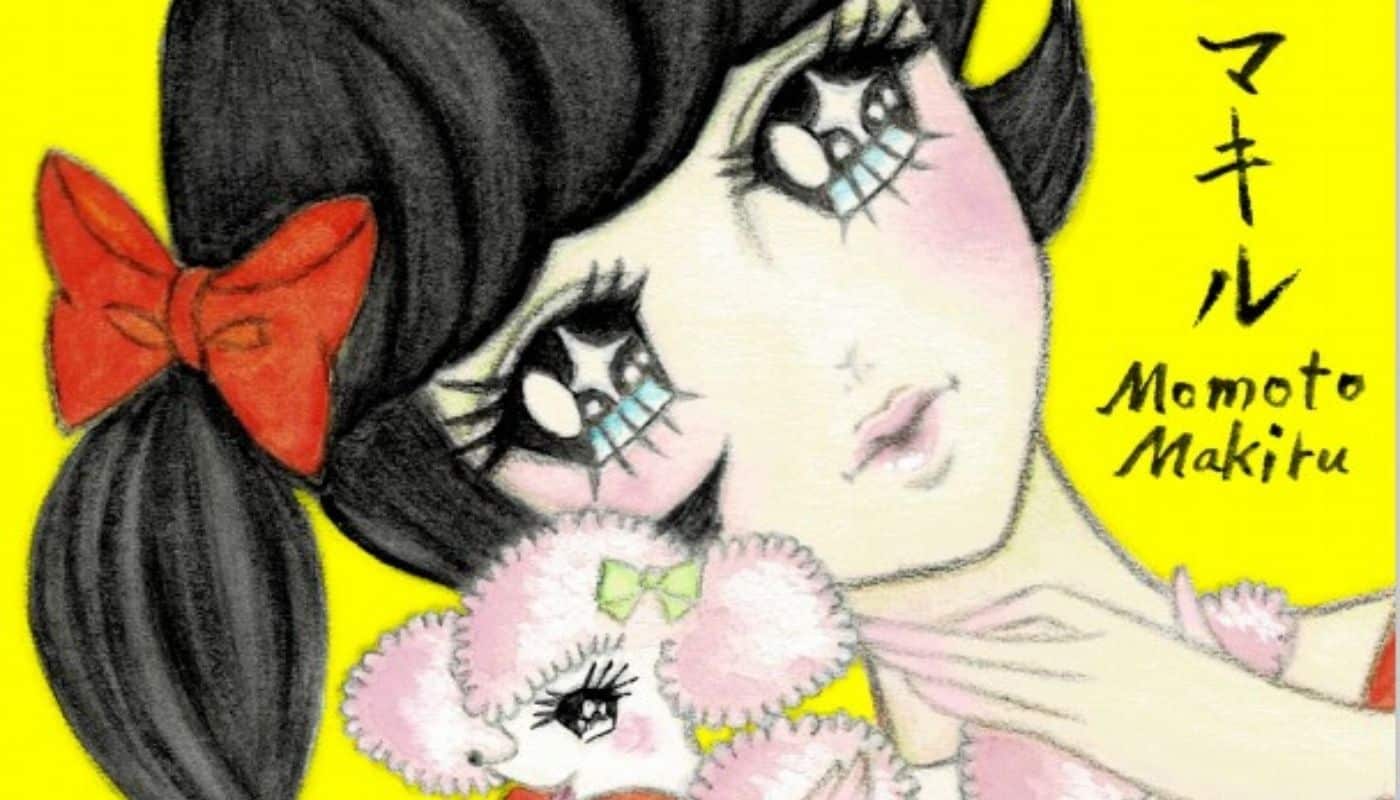Young and talented director Kwon Man-ki's graduation project from the Korean Academy of Film Arts (KAFA) is a work of shocking maturity and pathos. “Clean Up” – also written by him – is his debut feature after few short movies and has already won 2 top prizes (New Current Award and KTH Award) at the prestigious Busan International Film Festival (BIFF) and the Best Film Award at the International Film Festival and Awards of Macao. And my guess is that this is just the beginning …
“Clean Up” is available from Echelon Studios

Jung-ju (Yoon Ji-hye) has learned to disguise herself everyday behind a clean, respectable façade. She works diligently in a cleaning company during the day, she is a fervent catholic churchgoer and she washes dishes in a small restaurant at night. She is kind, hard working and polite, never angry, never loud so that nobody can see the vast ocean of pain nested inside hear heart. We know she had a family once, but now, at home alone and exhausted, she drinks herself to sleep every night. And repeat.
To abruptly disrupt her routine enters Min-gu (an amazing Kim Dae-gun), a young 21-year-old lad, a new worker hired by the cleaning company. Min-gu is an ex-convict, just out of prison, shabby and shy, all his belongings fit in a couple of plastic bags. He looks lost, like a small ruffled up bird, but when Jung-ju sees him, her response is unexpectedly strong; she freezes, she knows that boy, her tranquil life is about to be shaken. Mistaking the reaction for prejudice and fear, her co-workers encourage Jung-ju to interact with Min-gu and slowly she allows her curiosity to surface and starts to follow the boy.
When she discovers he has a night job as high-street pressure cleaner and that he sleeps few hours per night in a park public toilet, she offers him to stay at her house, following a weirdly maternal instinct. Is she doing the right thing? After all, Min-gu is part of that very past she is trying to erase. And she is herself part of Min-gu's painful past and present.
Far from a thriller, but it would be a shame to say too much as the first reveal came to me as a punch in the chest, a sort of “didn't-see-it-coming” effect. And it keeps giving! In fact, one of the best things of this movie is the subtlety of the narrative in revealing the facts at a slow pace and with small details, often charged with symbolic significance, that gradually build up the characters and their backstories.
Jung-ju and Min-gu are two tarnished souls looking for a kind of cleanliness and purity that will never occur. The whole film is permeated with the titular metaphor; all the scrubbing, wiping, brushing is an obsessive routine that gives rhythm to the protagonists' lives. We watch them wiping blood, maggots and dirt; using high pressure hydrants, solvents and soap; scrubbing food leftover from plates and pots. But sadly, what they obtain is only to wipe out the traces of other people existences.
Guilt is a regular collaborator of Korean Cinema, yet this movie is a step above. Heinous crimes have caused dire damages but the edges between guilt and atonement, crime and retribution are blurry and shifting. It repeatedly forces us to re-consider judgments and challenges our perception and prejudices. “Clean Up” reminded me a bit of Koji Fukada's “Harmonium” in the way it mixes families devastated by fate, crime and retribution and a pinch of catholic nonsense, although here there is a simmering humanity that brings with it a glimmer of possibility.
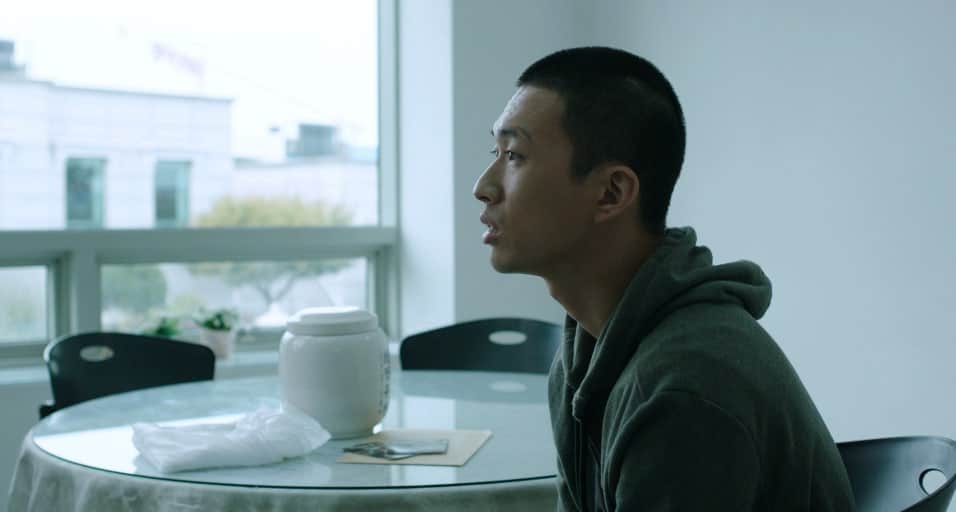
And as the film drifts towards the “why” rather than the “who”, I should not forget to add that “Clean Up” happens to be also a sour remark of the social divide and the failing public sector in Korea.
Performances are another strong point here. Yoon Ji-hye gives Jung-ju gravitas and humanity in her quiet bubble of Soju and antidepressant-induced normality and newcomer Kim Dae-gun does a terrific job portraying a young adult robbed of his childhood, with the resignation of a 50-year-old and the emotions of a 9-year-old.
The minimalist and naturalistic tone of the movie is beautifully conveyed by the cinematography using a muted palette of neutral colors. Joy seems to have drained out of the images too – as well as the characters' lives – and what is left is an anaemic beige/blue shade.
“Clean Up” is a poignant drama, impactful and thought provoking; a portrait of a deviated yet beautiful humanity and a layered metaphor. Together with “House of Hummingbird” is one of the best South Korean movies I have seen this year so far and a very promising debut for director Kwon Man-ki.


